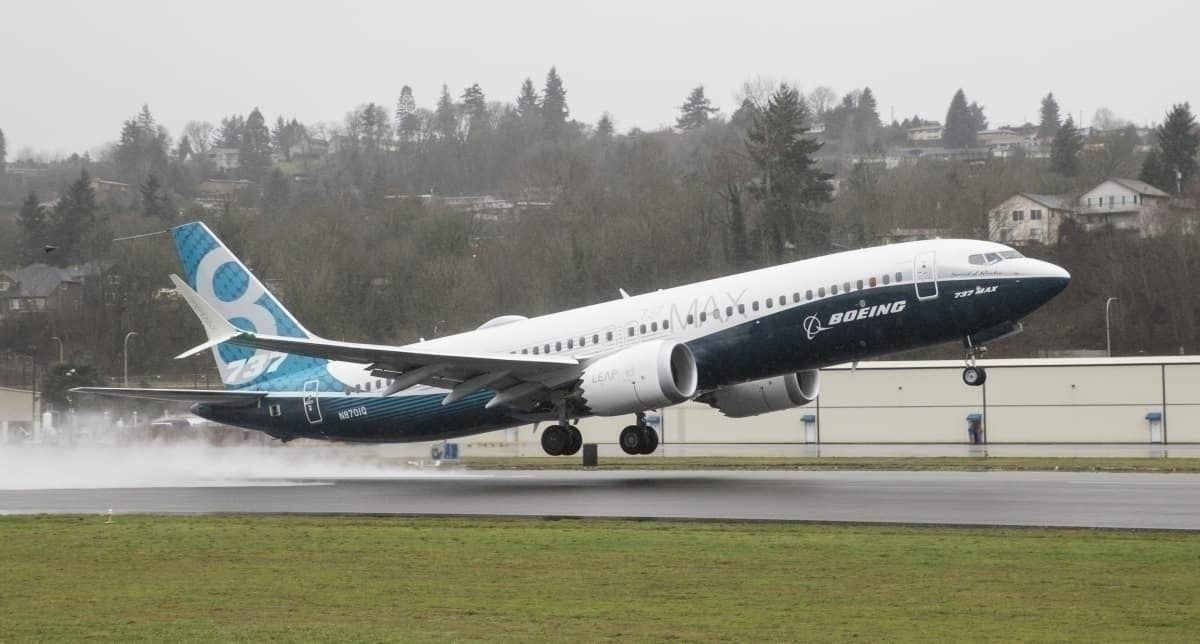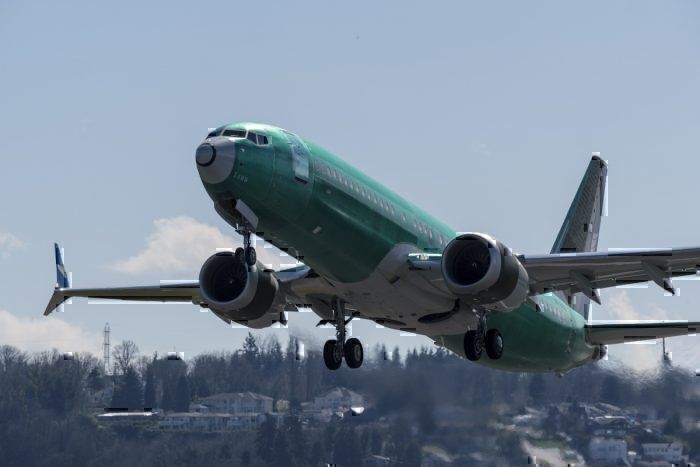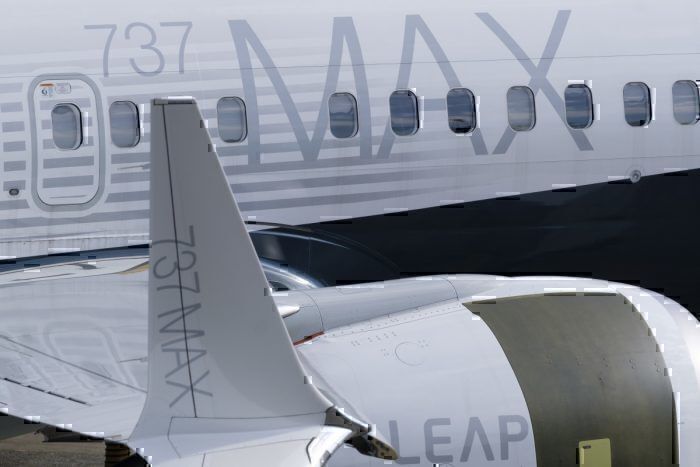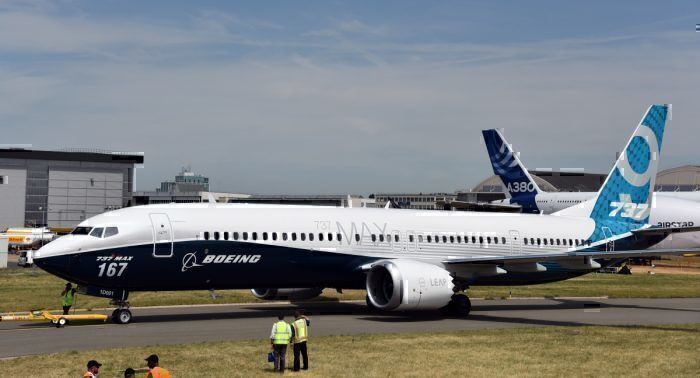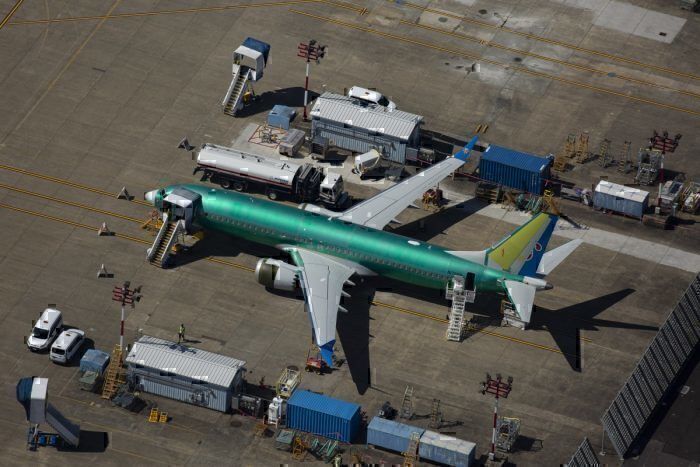An Inspector General (IG) report from the United States Department of Transportation (DOT) on the 737 MAX has finally been completed. It is slated for public release on July 1st. However, initial reports indicate that, during the initial certification process for the MAX, Boeing did not alert the FAA to changes to the flight control system, MCAS, which has been at the center of the MAX debacle.
The IG report
Reuters reports that the official IG report, which is set to be made public on July 1st, outlines a failure on Boeing's part to highlight changes to the flight control system. The Maneuvering Characteristics Augmentation System (MCAS) was a new system added onboard the 737 MAX. According to Boeing, this system is designed to enhance the pitch stability of the aircraft.
According to Reuters, Boeing did not present highlight this system significantly. Instead, the manufacturer presented it as a limited range and limited use modification to the existing speed trim system. The report highlights mistakes on both Boeing and the FAA's part.
Stay informed: Sign up for our daily aviation news digest.
Per the report, the first full review of MCAS on the FAA's part came in January 2019. This was two months before the Ethiopian Airlines crash and three months after the Lion Air crash. The subsequent FAA analysis found an uncorrected risk to the MAX was 2.68 fatalities per one million flight hours– higher than the FAA's risk guidelines of 1 fatality per ten million flight hours. Another FAA analysis also found that there could have been as many as 15 future fatal crashes on the MAX with an uncorrected MCAS system.
A Boeing spokesperson provided Simple Flying the following statement:
"We appreciate the Inspector General’s efforts in reviewing the 737 MAX design and certification process, with which we have cooperated fully and extensively. Since the accidents, multiple committees and governmental authorities have examined issues related to the MAX, and in response to their findings and our own internal reviews, we have made substantial changes within our company to further enhance our commitment to safety.
"We are committed to transparency with the FAA during all aspects of the airplane certification process, and have made significant changes to improve our support to that regulatory process.
"We are grateful for the efforts of the FAA in its thorough and ongoing review of the significant changes we have made to the 737 MAX since these accidents, and will continue to support the FAA and other global regulatory authorities as we work towards the safe return of the MAX to commercial service."
The spokesperson also noted that:
"When the MAX returns to service, it will be one of the most thoroughly scrutinized aircraft in history, and we have full confidence in its safety."
Boeing doesn't want this to happen ever again
While some may be skeptical about Boeing moving forward, it is clear that the aircraft manufacturer is seeking to learn as many lessons as it can from this saga and move towards a safer future. No aircraft manufacturer wants to read the news of one of its planes being part of a fatal crash. Not only is it bad publicly, but it has also been bad for business. The phrase "if it's Boeing, I ain't going" has appeared more often since the MAX grounding started.
The global grounding of the MAX has had a profound impact on Boeing. This was Boeing's most profitable aircraft line. Now, the company has had to shell out billions of dollars in compensation to its customers.
Boeing will continue to make aircraft. If it does move forward with the 797/NMA or something of the sort, then the manufacturer will want to ensure that its airline customers and the flying public know the aircraft is safe.
The issue now is what Boeing and the FAA do. Both need to reform some of their internal systems and create a system for reporting safety concerns with an aircraft and allow for a full examination. Throughout this entire saga, plenty of concerns with the 737 MAX has come to light.
The 737 MAX will return to service
Airlines love the MAX because it is able to do a lot. The plane can do long-haul and short-haul fuel efficiently. It requires limited costs for retraining and, as a new aircraft, requires less maintenance. For now, however, the plane is grounded, and airlines are paying to keep the jets in shape. Once it becomes time for the type to return to service, airlines will have to wait a bit to take care of any necessary adjustments that have to be made to the airplane's software or flight control system. When it returns to service, however, remains to be seen.
What do you make of this IG report on the 737 MAX? Let us know in the comments!

